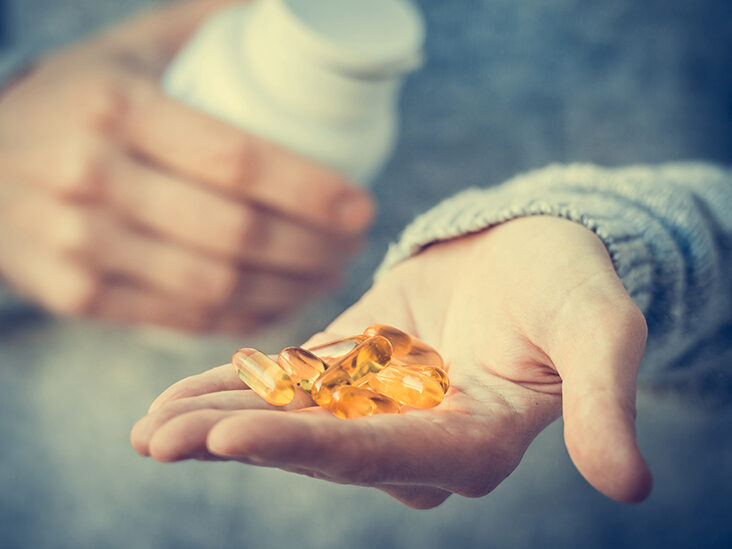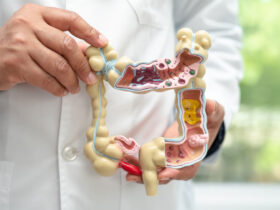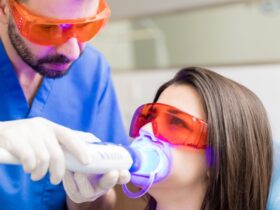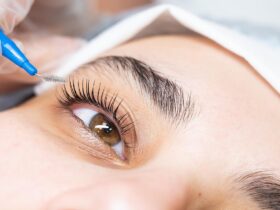All substances you use to improve your wellbeing or health are considered dietary supplements. These supplements include vitamins, minerals, as well as herbs. The most common form of the vitamin is a capsule or pill. You can also get them as powders or drinks. However, some supplements are composite as they combine different functions into one, as seen with the SVELTE Elevate, which is some sort of 2-in-1 package that helps with pre-workout situations. These supplements can’t be used to treat diseases or other health conditions. The exception to this rule is if it has been approved by the U.S. Food and Drug Administration for a health claim.
Nootropics are natural drugs or supplements that have a beneficial effect on brain function in healthy people. Many of these have been shown to improve memory, cognition, creativity, alertness, memory, and motivation. Nootropics might also decrease the risk of brain decline with age.
Two types of nootropic supplements for focus are available: those that increase the energy levels and those that mimic it. Caffeine, which is the most commonly consumed stimulant on Earth, has been scientifically proven effective in improving concentration, alertness, performance, and other aspects. Too much can cause you to begin to get some jitters, so focus-enhancing nootropics help balance the side effects of caffeine with calming aminos like L-theanine. Some people mix adaptogens with herbs like mushrooms and herbal energy enhancers like ginseng or bacopa montero.
Resveratrol
Resveratrol is a plant-based compound called polyphenols. Polyphenols, which are plant-based compounds, provide antioxidant benefits that aid with oxidative damages and support a healthy amount of inflammatory chemicals called cytokines.
Red grape skin, peanuts, and berries all contain resveratrol. Although resveratrol is good for the body’s inflammatory response, it can also improve brain health.
Supplementing your body with resveratrol is a way to maintain a healthy inflammation response in the hippocampus. It suggests that supplementing your body with resveratrol might help you retain healthy memory and mood function well into old age.
Ginkgo Biloba
Ginkgo biloba extracts have been shown to have positive effects on brain function in older adults. Ginkgo Biloba supplementation before stressful situations can help reduce stress-related high pressure and cortisol levels.
Ginkgo biloba supplements may contribute to some of these health benefits. These positive results are not universally accepted. Ginkgo Biloba has potential brain benefits that require further research.
Rhodiola
Some evidence suggests that Rhodiola rosa L., also known as roseroot or Rhodiola, can improve cognitive ability. One review indicated that Rhodiola may be neuroprotective and could help with neurodegenerative diseases. Another study showed that Rhodiola could regulate neurotransmitters within the brain and had a positive effect on mood.
Omega-3 Fatty Acids
Omega-3 fatty oils are among the most popular and well-studied mental stimulants. These polyunsaturated oils can be used to supplement fish oil and fatty seafood. This type is crucial for brain health. A person must eat this kind of fat. Omega-3 builds membranes around our cells, including our neurons. These fats can help to repair and renew brain cells. There are many ways to get omega-3 supplements, including fish oil or krill oil.
While these supplements can cause no side effects if taken according to instructions, they may interact with other blood flow medications. Before you start taking them, speak with your doctor.
Caffeine
People drink coffee and tea that contain caffeine because they have stimulant effects. According to research, the majority of people are safe to consume moderate amounts. A regular cup or two of tea, coffee, or espresso, can be beneficial for mental focus. Excessive amounts of caffeine might not be safe. The Food and Drug Administration (FDA) suggests that no one should consume more than 400mg of the Trusted Source of Caffeine per day. This is what you would find in 4-5 cups worth of coffee.
Caffeine pills or powders can contain very high amounts of stimulants. These pills can lead to caffeine overdoses and even death.







